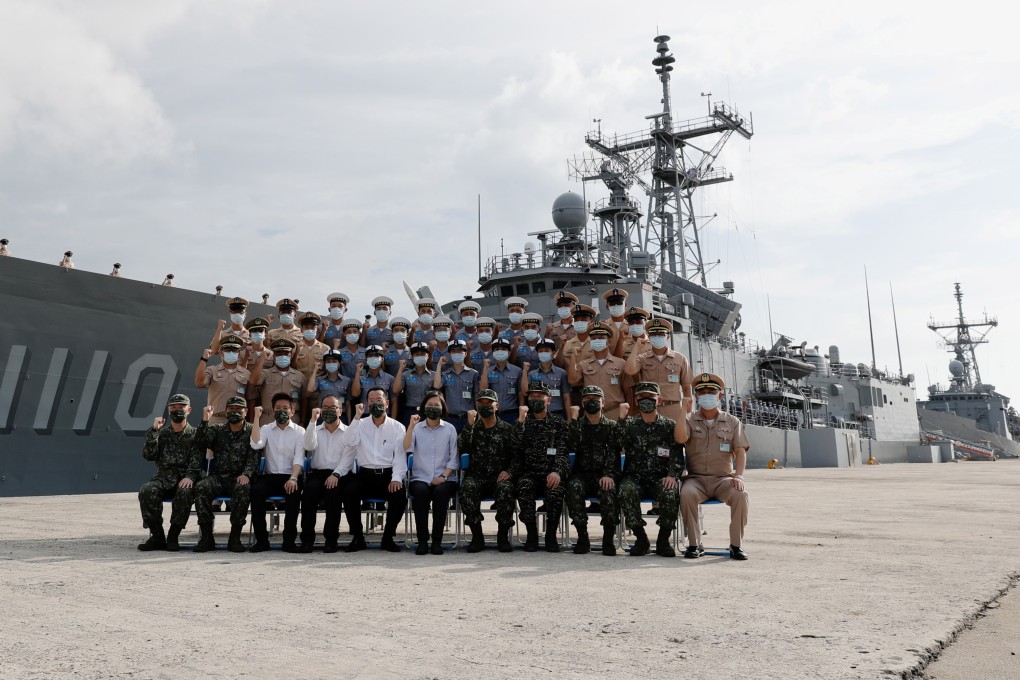Advertisement
Opinion | As US-China suspicion grows, Taiwan Strait instability could be the new normal
- China assumes the US is ‘hollowing out’ its China policy and will eventually seek to prevent Taiwan unification
- On the other hand, Washington believes Beijing will use force to achieve unification despite preferring a peaceful solution
Reading Time:3 minutes
Why you can trust SCMP
6

Beijing’s military reaction to US House Speaker Nancy Pelosi’s visit to Taiwan last month, including the unprecedented show of force around the island, has triggered many different interpretations.
Many see the actions as “premeditated”. Some even see them as the result of a decision to abandon peaceful unification before Pelosi’s visit, which merely provided a trigger. The new Taiwan white paper further reinforced the belief that Beijing’s priority has shifted from deterring independence to forcing unification.
The interpretation of China’s policy has always been a delicate matter, complicated by the lack of perfect information. Many assumptions are made, such as about President Xi Jinping’s determination to achieve unification as his legacy.
Advertisement
They introduce speculation that translates into deeply entrenched beliefs, such as the existence of a timetable for unification. Beliefs form the context of US policy reactions. The distinctions between reality and belief are often lost.
For example, concrete evidence for the assumption that Xi “must” achieve unification under his leadership, or during his third term, is nonexistent. And why would China set a deadline to deprive itself of flexibility and back itself into a corner?
Advertisement
Given the deterioration of US-China relations and increasing strategic competition, the lack of trust prompts each to assume the worst intentions of the other, including planning for the worst-case scenario on the Taiwan issue.
Advertisement
Select Voice
Select Speed
1.00x
